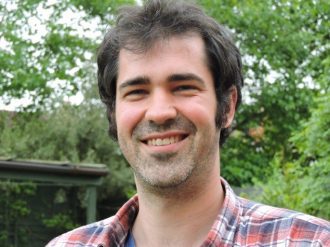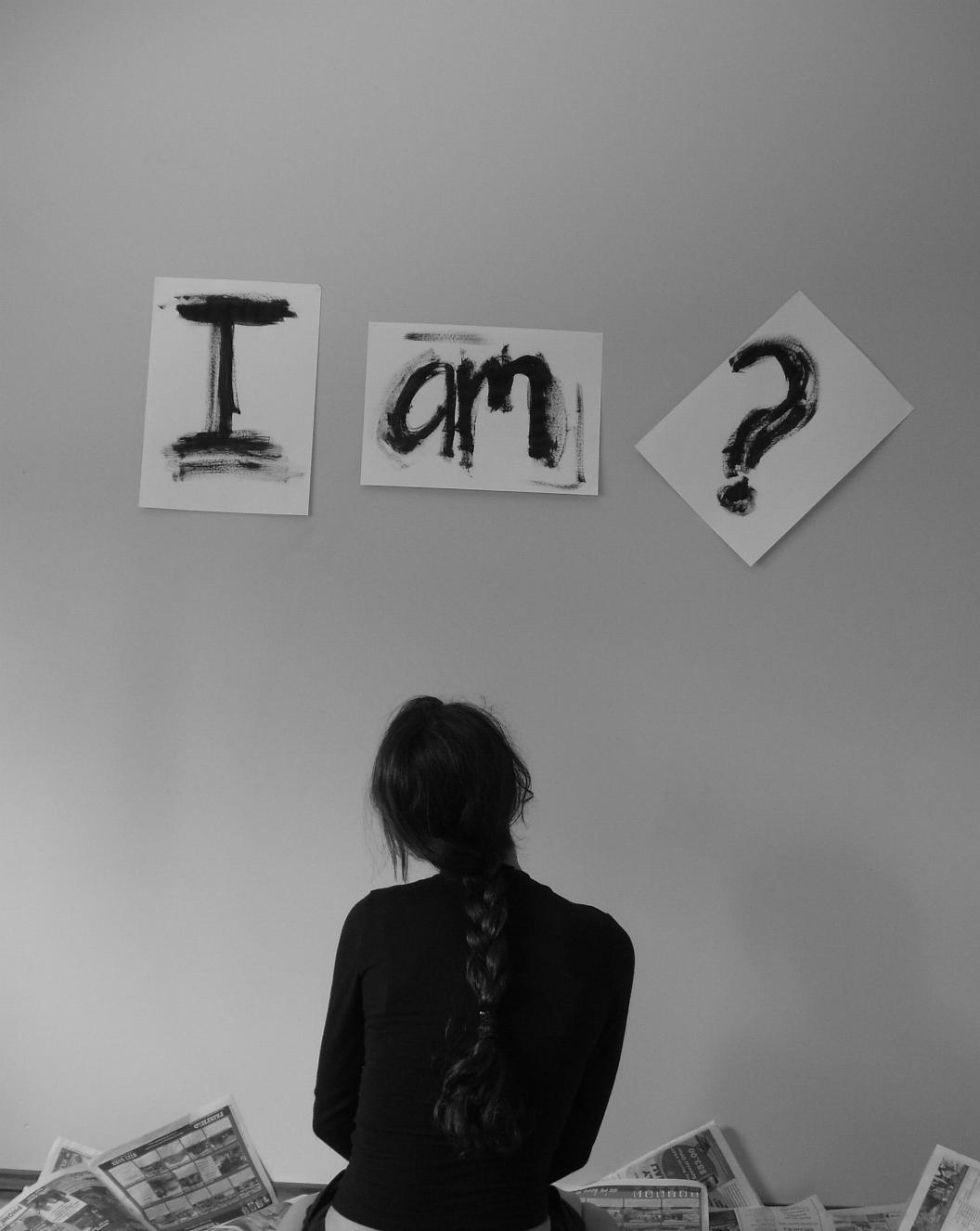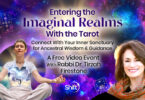January 24th, 2017
By Richard West
Guest writer for Wake Up World
We will all experience some form of loss of identity in our lives, particularly in old age or terminal illness. We may have identified with certain roles for most of our lives, but these roles can all be taken away in a single moment. So how do we come to terms with and recover from this loss? How do we go beyond these identities and find the essence of who we are?
Identifying with Roles
During our lives we will naturally take on identification with certain roles or ways of being. We identify when we assume that a particular role defines us as who we are, and so if this role is taken away it can leave us feeling empty, grieving or unworthy.
Here are a few examples of typical role identities:
[pro_ad_display_adzone id=”110028″]
Identifying with the body – Perhaps you identify with your ability — being strong, fast or co-ordinated — or perhaps you take pride in the way your body looks.
Identifying with the mind – Perhaps you are good at critical thinking or take pride in being logical. Descartes famously said ‘I think, therefore I am.’
Identifying with beliefs – how we see the world and what we believe in can be cornerstones of our personal identity.
Identifying with your job/hobbies – Many people subtly believe they are what they do. Perhaps you make a difference to many peoples lives.
Identifying with family roles – ‘I am a good daughter, parent, grandparent, brother’ etc. ‘I am always there for those I love’.
Identifying with a person – This is probably one of the strongest identities and it’s why we grieve so much when we lose someone. Basically we identify with who we are or how we feel when the other is around us. This will be covered in more detail in the next article.
All these things can be the cornerstones of our personal identity, yet they can be taken away in a heartbeat. Injuries and illnesses that leave us bed ridden and unable to go to work, do our hobbies or socialise with friends and family. Or the degeneration of the mind that comes with old age, terminal illness or Alzheimer’s disease.
Let’s first explore where these identities come from before we look at how to work with them.
Why do we become identified?
Let’s be clear — we are not born with these identities (although one could argue that there may be a certain amount of predisposition due to genetics or karma). Babies enter this world unable to distinguish themselves from their mothers. Their senses are not separate and there is no relative sense of identity (that is, when we can say ‘this is me in comparison to that’).
As we grow, we are able to distinguish ourselves from our environment, getting to know our bodies, emotions and minds, knowing what we like and don’t like, and finding our place within our families and the outer world. Neural pathways are formed in the brain, which provide a map of how we see the world. Thus we begin to identify ourselves with these specific and yet very changeable life circumstances.
And that is just the issue. We identify ourselves with things that are ever changing. In a universe of form, change is the only constant. However, if we are able to step away from identifying ourselves with the form, we are able to see that there are certain aspects of ourselves that stay relatively unchanging.
Finding our Essence (Source Energy)
Whether suffering from loss of identity due to injury or illness, or even if we’re completely healthy, we can start this right away. There are many things that we can do to bring us back to our source energy.
Here are a few of the most powerful:
Doing what you love – Sounds simple doesn’t it. Yes, in a way it is, but so many of us are so caught up in duty, responsibility and striving for security, that we very rarely do something that really makes us feel alive. I’m not talking about sitting in front of the TV after a long day. I’m talking about embracing our hobbies — things that really turn us on. The things that really drive our passions. This is a guaranteed way to bring us closer to our source energy. If it is no longer possible to do this then we may find that simply talking about what makes us passionate can have a similar affect.
Meditation – I’m not simply talking about sitting down and breathing here, though that can be hugely beneficial. Any practice which helps us to look within can help. Yoga, Tai Chi, singing, dancing. We can even turn washing the dishes into a meditation. What this does is it brings our attention to what’s happen in the inner world. The outer world speaks so loudly that that it’s easy to get caught up in just reacting to things. Conversely, the inner world is much quieter, yet offers so much more wealth. If you’re bed bound then relaxing music and guided meditations can be hugely healing.
[pro_ad_display_adzone id=”110030″]
Becoming the Observer – Becoming the observer of our physical sensations, emotions and thought patterns can be hugely transformative. It helps us realise that we are not defined by any of these. For more information on what the observer is and how to cultivate it check out these articles:
Going Deeper: Traits of the Soul
All the practices listed above can be hugely beneficial. However, we can take this a step further. Once we have spent some time observing ourselves in the ways explained above, we may begin to see certain characteristics of the soul. These are certain ways of being that:
- Seem to arise spontaneously.
- Have a feeling of ‘rightness’ to them.
- Are aligned with the higher good, so they may provoke an exploration or invoke feelings of love, and always in away that harms no other sentient life.
Here are some of the traits you may notice with these characteristics:
- Compassion
- Childlike wonder
- Trust
- Will power
- Passion
- Unconditional love
- Creativity
- Intuition
A Final Thought on Grief
We are of course emotional beings. Even if we are not identified with the emotions that we have, it is still important to let them arise and especially to express them. That way they are not held on to.
Grief is a natural way for us to process all the pent up energy that is caused by identifying with something outside of ourselves. See the follow-up article Understanding Grief to explore further.
With love,
Richard
ps. If you feel that you need help with recovering from loss of identity then please do get in touch.
Also by Richard West:
About the author:
 Richard West is a carer, psychologist, spiritual facilitator and writer. He is also a spiritual facilitator at Openhand.
Richard West is a carer, psychologist, spiritual facilitator and writer. He is also a spiritual facilitator at Openhand.
Richard has worked close to death for 7 years and is passionate about helping people to move on in a conscious way, even though society is geared to fight against death. He offers services in Spiritual Facilitation and Conscious Dying on his website ‘Back to the Source’ and writes regular articles on his blog.
You can also follow Richard via Facebook.com/BacktotheSource.33
[pro_ad_display_adzone id=”110027″]







